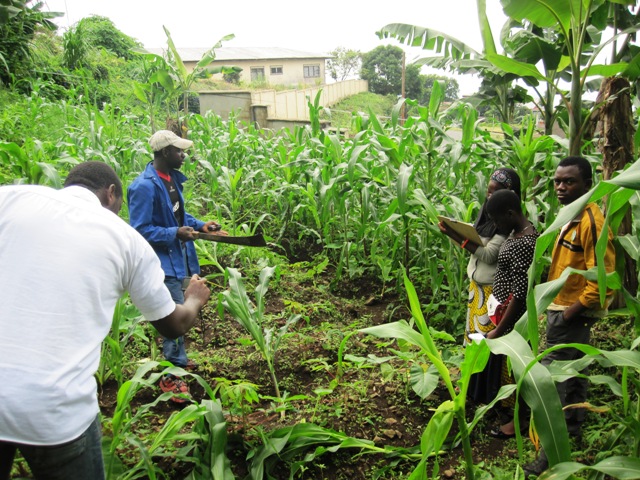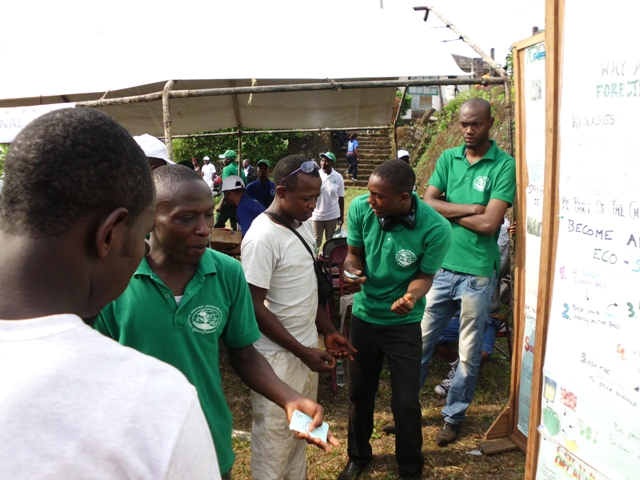Food loss and waste have become pressing global issues, with approximately one-third of all food produced worldwide going to waste. Recognizing the need for urgent action, the United Nations has designated September 29th as the International Day of Awareness of Food Loss and Waste. This day serves as a reminder of the importance of reducing food loss and waste to achieve sustainable development goals and ensure food security for all.
Food loss refers to the decrease in quantity or quality of food along the supply chain, from production to consumption, due to inefficiencies or poor practices. On the other hand, food waste occurs when edible food is intentionally discarded by consumers or retailers.
According to the Food and Agriculture Organization (FAO), around 1.3 billion tons of food is lost or wasted globally each year. This staggering amount has severe economic, social, and environmental consequences. It not only squanders valuable resources such as water, energy, and land but also exacerbates hunger and poverty while contributing to greenhouse gas emissions.
Economic Impact: Food loss and waste have significant economic implications for both developed and developing countries. The FAO estimates that the annual economic cost of food loss and waste amounts to $940 billion globally. These losses affect farmers’ incomes, increase food prices, and strain food supply chains.
Social Impact: Food loss and waste perpetuate global hunger and malnutrition. With nearly 690 million people going hungry worldwide, it is essential to address this issue urgently. By reducing food loss and waste, we can redirect resources towards feeding those in need, promoting social justice, and improving livelihoods.
Environmental Impact: Food production requires vast amounts of natural resources, including water, land, and energy. When food goes to waste, these resources are squandered. Additionally, decomposing food in landfills produces methane, a potent greenhouse gas that contributes to climate change. By minimizing food waste, we can mitigate environmental degradation and combat climate change.
Raising Awareness: The International Day of Awareness of Food Loss and Waste serves as an opportunity to educate individuals, businesses, and governments about the consequences of food loss and waste. By fostering a collective understanding, we can drive behavioral changes and promote sustainable practices.
Implementing Sustainable Solutions: Governments, businesses, and consumers all play a crucial role in addressing food loss and waste. Governments should develop policies and regulations that encourage sustainable practices throughout the food supply chain. Businesses can adopt innovative technologies and practices to minimize waste, while consumers can make conscious choices such as planning meals, buying only what is needed, and properly storing and repurposing leftovers.
Collaboration and Partnerships: Addressing food loss and waste requires collaboration among various stakeholders, including governments, international organizations, businesses, farmers, and consumers. Partnerships can facilitate knowledge sharing, resource optimization, and the development of innovative solutions.
The International Day of Awareness of Food Loss and Waste serves as a powerful reminder of the urgent need to tackle this global challenge. By reducing food loss and waste, we can alleviate hunger, improve livelihoods, protect the environment, and promote sustainable development. Let us all commit to taking action and work together towards a future where no food goes to waste, and everyone has access to nutritious meals.



